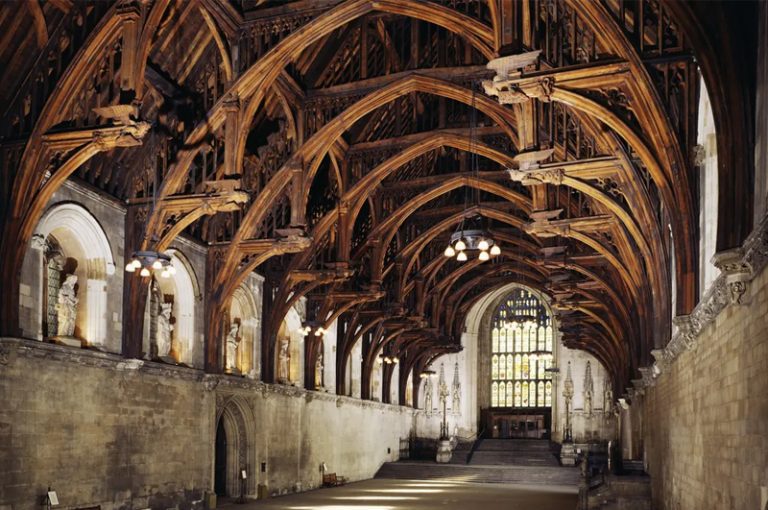From Seattle's own GeekWire (also serving Redmond), October 31:

Tech heavyweights are in hot pursuit of clean energy sources to power their data center operations while reining in climate impacts. But they also need to put their data center infrastructure on low-carbon diets, moving away from traditional steel and concrete.
Microsoft today announced that it’s building two data centers with engineered timber products that are climate friendly, sustainable, strong and fire resistant....
....MUCH MORE
There has to be a more elegant way to get the desired result. We looked at a similar approach in 2021's "Global Warming: Credit Suisse On You Being Responsible For CO2 Emissions (plus carbon sequestration)":
They're big into trees which is fine. I mean you like trees, I like trees, everybody likes trees.But as a long term answer to the CO2 issue, trees don't work. Trees die, and when they die they release the stored carbon which gloms on to atmospheric oxygen and turns into CO2. Or the trees get burned, again releasing the carbon which combines with oxygen to make CO2.
The British have been working on this problem for centuries and have come up with a very clever solution: cut the trees down and then store them so they don't decay. Here's an example:

That's Westminster Great Hall. Here's a close-up of the hammer-beam roof:

Samantha Tan, “Westminster Hall's (detail of hammer-beam roof),” Medieval London, accessed November 19, 2021, https://medievallondon.ace.fordham.edu/items/show/222.
According
to Samantha Tan at Fordham University's Medieval London exhibit the
timbers weigh 660 tons and have sequestered the carbon in this form for
over 700 years.
The British use this type of storage throughout the land and people
visit from around the world to marvel at the secrets of carbon sequestration
We'll be back to the Credit Suisse report tomorrow or you can see it here, 29 page PDF
If interested here is some of what was going on, weatherwise that century:
Probably ditto for Poitiers 1356, as well.